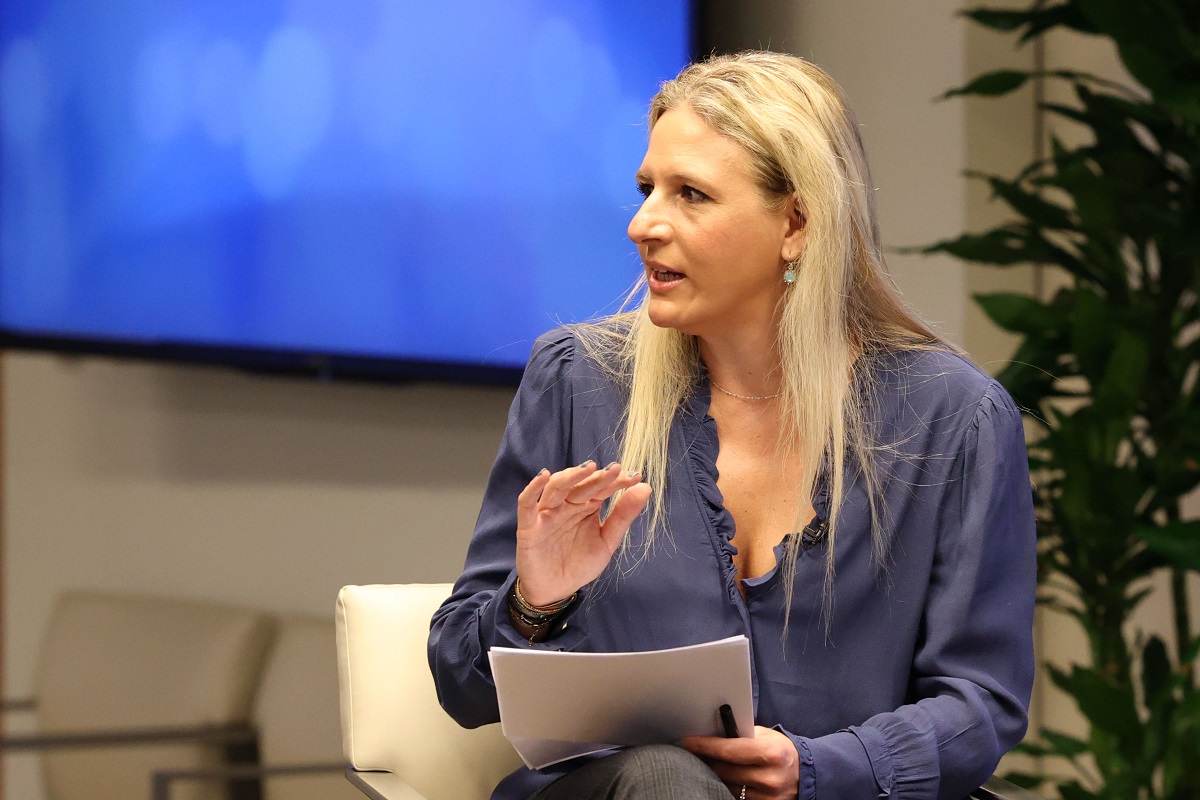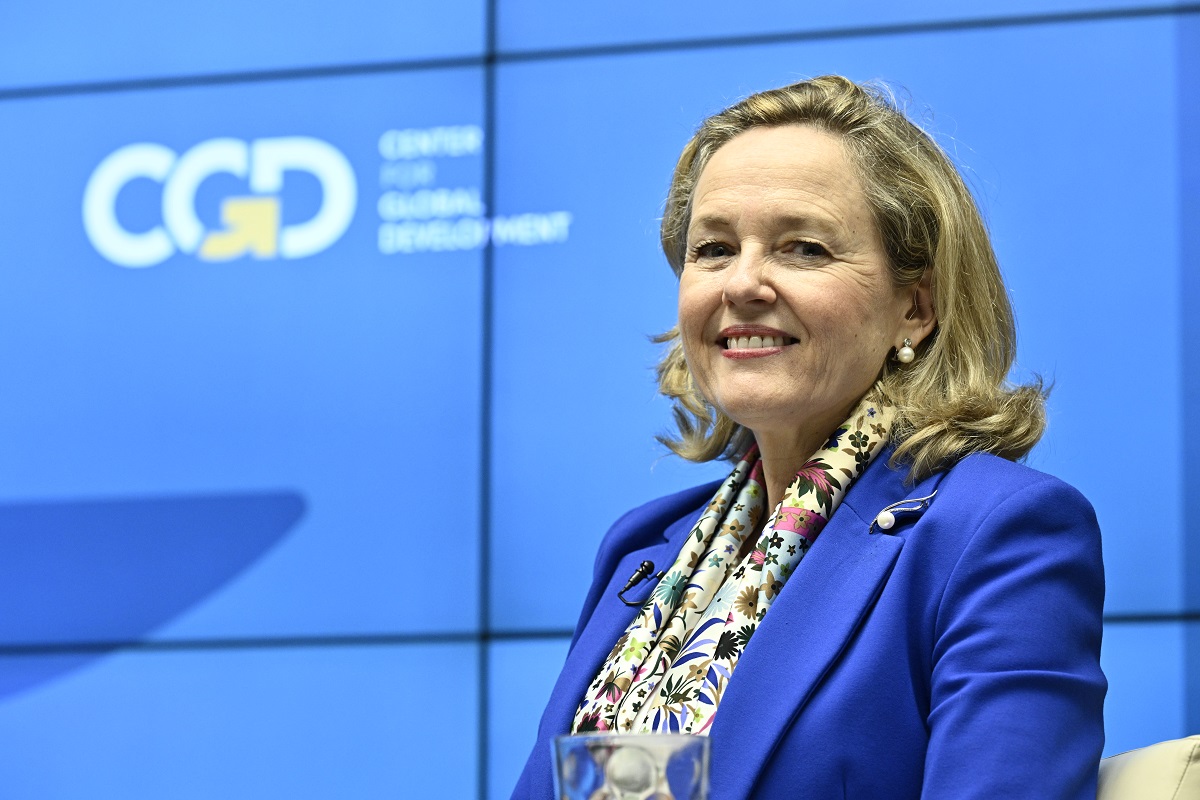On May 7, French voters will elect their new president—right-wing candidate Marine Le Pen or centrist Emmanuel Macron. France is a leader in development-friendly policies—currently ranking fourth on CGD’s Commitment to Development Index (CDI) and the highest ranking G7 country. So what will France’s choice mean for international development?
On April 23, the French people turned their back on the established parties and ended the dominance of the two main parties. Both candidates, Republican candidate François Fillon (19.9%) and Socialist Benoît Hamon (6.4%), failed to make their way into the second round. In the runoff vote on May 7, the French people will choose between two candidates with entirely different visions for France and the world: nationalism and protectionism versus globalisation and solidarity.
Here we look at what each presidency could mean for international development, especially overseas aid. As the electoral campaign has been dominated by discussions on the European Union, the economy and immigration, we also analyse their suggested trade and migration policies.
French aid and trade policies under the new president
The election of Marine Le Pen would not only be a blow to the European Union and the Euro, as she is open about her plans to renegotiate the country’s membership and pull out of the currency union, but it would also have significant implications for overseas aid.
If Le Pen seeks a new, highly-reduced role for France in Europe, it would also increase the pressure on the EU’s aid budget. Le Pen expressed support for the 0.7 target in an interview with the Le Monde Afrique. She justifies her support with the goal of reducing migration to France. As national security issues serve as the main driver for her aid spending, we might expect more aid to be spent directly through French development agencies, rather than through multilateral agencies like the European Development Fund and World Bank. Delegating aid through multilateral agencies can be an effective way of reducing administrative burdens on recipient countries and thereby increasing the quality of aid provided. As the CDI indicator for aid quality (QuODA) already penalises France for its relatively low support for multilateral agencies, it remains questionable that French development assistance would become more effective.
Despite her generous commitment to the 0.7 percent aid target, by increasing the burden for foreign products to gain market access in France, Le Pen’s isolationist trade policies would harm poor countries profoundly. In terms of foreign policy priorities, Le Pen emphasises France’s role in francophone Africa. Her main areas of focus are education (mainly primary school), agriculture, and defence and security (see provision 124 of her manifesto). In addition, she would focus on the empowerment of women, especially in the Sahel. In general, we judge prioritizing aid in strategic areas by intensifying the old ties with francophone African countries, where France already has a strong presence could be positive. As laid out in our Quality of ODA (QuODA) assessment, donors can have a greater impact by promoting development in countries where they have a revealed comparative advantage. However, Le Pen also proposes to abolish Free Trade Agreements and promote French agriculture and agricultural exports (provisions 126-130). As she wants to cut imports significantly, French policies would shift from an ‘aid for trade’ to an ‘aid, no trade’ approach. However, boosting subsidies for French farmers will not only lead to (more) overproduction and distorted prices on the world market, it will also exclude producers from developing countries from global market access, thereby limiting their economic opportunities.
In the introduction to his six chapter manifesto, Emmanuel Macron promises to seek a policy of peace and an entrepreneurial spirit in Africa. While he might be a political outsider without the support of an established party, his policies are not “anti-system” like those of Le Pen. He is an open supporter of globalisation and of France’s participation in the international system. Although his program is focused on France and the European Union, Macron has laid out his vision for France’s international development in a questionnaire put together by the platform Coordination Sud, which represents more than 170 NGOs in France. Macron commits to the 0.7 percent aid target and—like Le Pen—wants to prioritise French bilateral aid spending on Africa. He also commits to support Least Developed Countries (LDC). This would be a strong signal for the 29 other countries that give aid (as members of the DAC), as it would reverse the recent drop in spending for the poorest nations. His aid priorities are education, health, the empowerment of women and sustainable development, in line with his public support for the 2030 agenda.
Nevertheless, Macron has called for higher tariffs to protect the European industries. Whilst the poorest countries avoid European tariffs altogether through the EU's trade approach, the move towards protectionism is unhelpful for development, and European consumers, and he should rethink his approach.
Whichever candidate is the new president of France, they might also like to draw from our new “manifesto on development” with radical ideas for spending aid effectively and setting a wider policy framework for development, including how to lead the world in trade for development.
France’s future migration policy
Immigration was one of the main topics of the French presidential campaign. Not surprisingly, Le Pen’s migration policies would not help developing countries: instead, once elected president, she would aim to cut the annual legal immigration to 10,000 (compared to more than 160,000 in 2014). In one of the biggest economies of the world, not only is the feasibility of this reduction in question but also the effect on developing countries would be damaging. Such a significant reduction would essentially halt the inflow of migrants to France. As CGD has shown, migration is one of the most powerful tools for poverty reduction and income redistribution. Workers migrating from poor to rich countries enhance their host country’s economy and public services. They also earn substantially higher incomes, access knowledge and gain valuable skills. By sending back billions of dollars each year, these workers continue to support their home economies significantly.
Macron does not emphasize migration much in his manifesto, which in times of vast anti-immigration sentiments is a statement in itself. One of his priorities would be to further increase employment rates from ‘quartiers prioritaires’ or priority areas, which often accommodate a large number of immigrants. This is a good sign for France’s integration policies which lag on labour integration and mobility. Or as MIPEX, which assesses integration policies as part of the CDI, puts it: “France restricts and delays labour market integration more than most countries, with an estimated 5.3 million jobs 'closed' to non-EU immigrants and few accessing education or training in France.” Although he presents himself as a strong advocate for the fight against illegal migration and is a dedicated supporter of migration agreements, he does not want to tie aid to developing countries’ migration policy. His willingness to disentangle foreign aid from migration objectives (mainly limiting migration flows to France) deserves credit as this makes sure that aid reaches the poorest, irrespective of the willingness of their policymakers to cooperate with European leaders on migration issues.
France’s future International development policy: an instrument of nationalism or true solidarity?
Interestingly, by openly supporting the 0.7 percent target, focusing aid on Africa’s most fragile contexts, supporting basic rights such as access to health and education services, and promoting women’s rights, Le Pen and Macron seem to have comparable priorities in international development. However, the similarities end there.
The election on May 7 will also determine the self-image and understanding of the French development policy. Will it become a tool of national security and migration policy or an investment in international well-being and an advocate for countries’ stability, peace, and prosperity?
By justifying the 0.7 percent target with national security concerns, aiming to halt migration, and by supporting protectionist economic policies, Le Pen’s policies will not only have a negative impact on developing countries, but will also cut off France from all the opportunities international development brings, such as the benefits of free trade and international migration. On the contrary, Macron seems to be committed to development not only by his support for better and more open migration policies, but also through his vision for France to embrace the 2030 agenda. If elected president, he could further prove its commitment to development both on an international and national level by pursuing free and fair trade policies.
Disclaimer
CGD blog posts reflect the views of the authors, drawing on prior research and experience in their areas of expertise. CGD is a nonpartisan, independent organization and does not take institutional positions.





